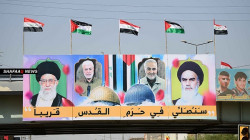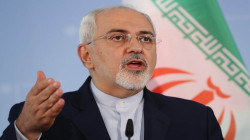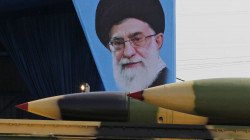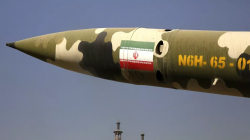Iraq's risky goodbye: UNAMI exit amid Iran-Israel threat
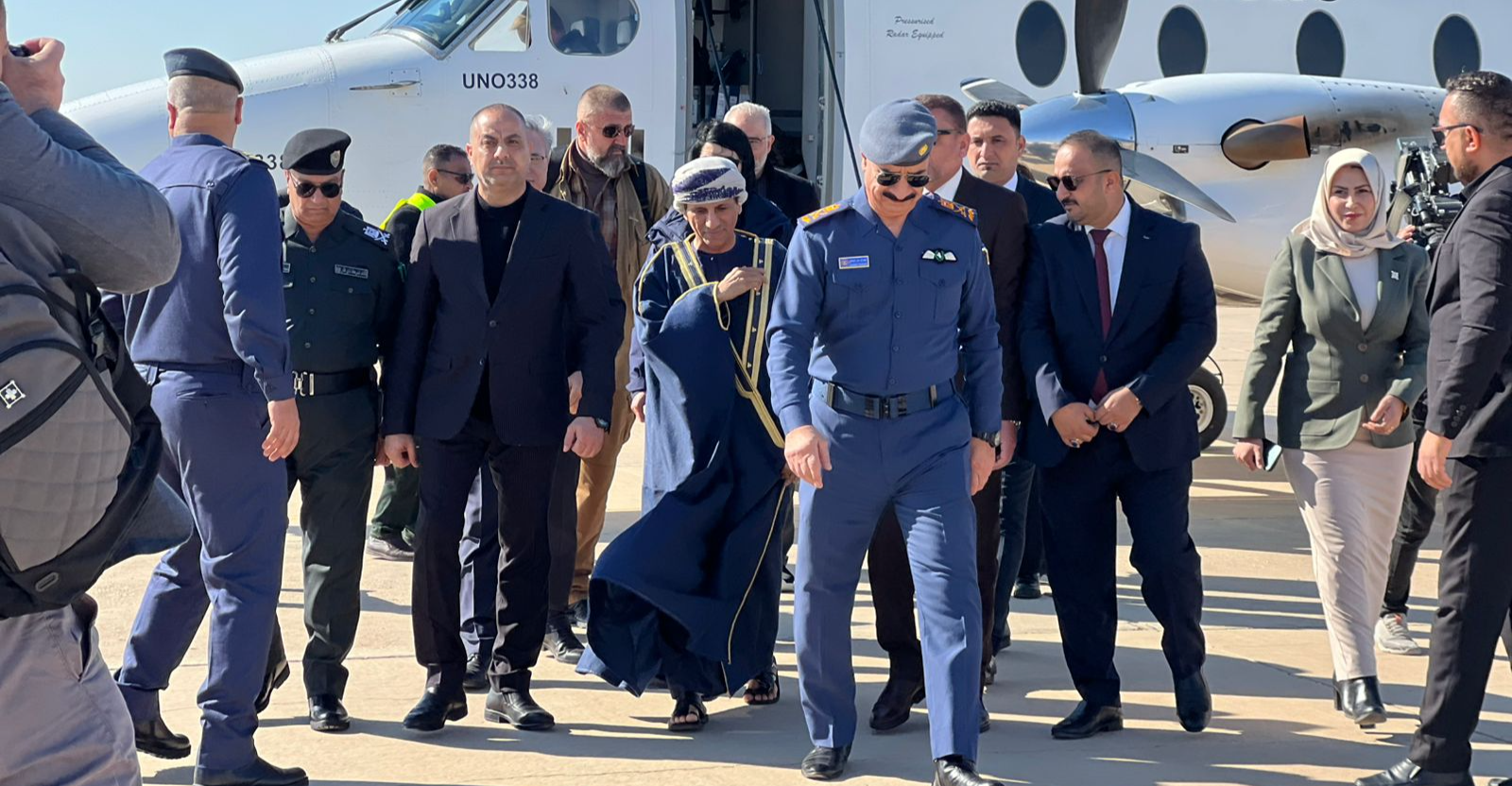
Shafaq News/ Iraq intends to end the UNAMI mission by the end of 2025, citing improved stability and a commitment to sovereignty. However, escalating regional conflicts have raised concerns over whether extending UNAMI’s role could help Iraq navigate external threats while maintaining its independence.
In 2022, Prime Minister Mohammed Al-Sudani's government proposed scaling back UNAMI’s political mandate, citing Iraq’s improved security and political stability. The move aimed to reduce reliance on international assistance and assert the country's ability to manage its own affairs. By May 2023, the UN Security Council commissioned a strategic review, led by Germany’s Volker Perthes, which highlighted Iraq’s diminishing need for the agency’s mediation in domestic matters.
As a result, the center recommended a gradual reduction of UNAMI’s mandate, shifting its focus to humanitarian and development activities before transitioning responsibilities to the UN Country Team by late 2025.
In May 2024, Sudani formally requested UNAMI’s termination by December 31, 2025, reaffirming Iraq’s readiness to handle its internal affairs independently.
According to a piece by Ali Al-Mawlawi, the director of Horizon Advisory, published by the Wilson Center, rising tensions—particularly the Israel-Iran conflict and the activities of Iran-backed armed groups—have further complicated the situation. Israel’s missile strikes on Iran, along with fears of potential Israeli attacks on Iran-aligned forces in Iraq, have raised concerns that Iraq could be drawn into the broader conflict.
Against this backdrop, regional instability remains a direct threat, highlighting the potential benefits of maintaining a neutral third-party presence like UNAMI. With direct access to the UN Security Council, UNAMI, the piece pointed out, could play a crucial role in de-escalating external pressures before they spill over into Iraq.
Additionally, while Iraq has made significant strides in managing domestic challenges, such as negotiations with the Kurdistan Regional Government (KRG) over revenue-sharing and negotiating a bilateral security arrangement with the United States to prevent an ISIS resurgence, the increasing volatility of the region presents a challenge to Iraq’s stability, the report added.
The decision on UNAMI’s future role hinges on Iraq’s ability to balance its desire for sovereignty with the practical realities of regional instability. The mission’s limited mandate could provide Iraq with “an additional layer of diplomatic insulation” while avoiding the perception of excessive reliance on foreign intervention.
“Given how close Iraq came to being dragged into last year’s regional turbulence, Iraqi leaders should carefully evaluate the advantages of retaining a UNAMI mission beyond the December 31 deadline, dedicated solely to safeguarding Iraq’s stability and preventing external crises from spilling over its borders. Ultimately, Iraq's ability to navigate these challenges will define its future as a sovereign and stable state in an increasingly volatile region,” the piece concluded.

